US announces $250 million in fresh military aid to Ukraine
The United States has announced $250 million in fresh military aid to Ukraine after it was revealed that Washington has decided not to give diplomacy a chance to resolve the conflict between Russia and the ex-Soviet Republic.
The US announced the aid package on Tuesday, naming the components as equipment for clearing mines and obstacles as well as missiles, artillery rounds, anti-armor missiles, and more than three million rounds of small arms ammunition.
"I am grateful to all American people, the Congress and personally to President Joseph Biden... for the new defense package," Ukraine President Volodymyr Zelensky posted on X, formerly known as Twitter.
Kiev has already received more than $43 billion from the US in the form of weapons systems like howitzers and millions of rounds of ammunition, including widely-banned cluster munitions, since last February when Russia started a "special military operation" in Ukraine.
Russia has said the steady flow of arms towards Ukraine would only prolong the conflict, which Moscow says was started in order to defend the pro-Russian population in the eastern Ukrainian regions of Luhansk and Donetsk against persecution by Kiev, and also to "de-Nazify" its neighbor.
Moscow has, meanwhile, refused to rule out negotiations towards settling the conflict.
On Monday, however, The Washington Post reported that most senior US officials had decided to continue to extend Washington’s support to the Kiev government to carry on with the proxy war against Russia.
According to the paper, they had chosen not to consider diplomacy and were expected to back Ukraine against Russia into next year and beyond by sending Kiev more weapons and munitions.
"I heard this same sentiment across all levels of the US government in recent days. The summer has been frustrating and, in some ways, disappointing for Ukraine and its Western backers. But rather than look for a quick diplomatic exit ramp, most senior US officials appear more convinced than ever of the need to stand fast with Kyiv. The United States, in their view, cannot be seen to abandon its ally," Washington Post columnist David Ignatius wrote.

US B-52 bombers in West Asia do not scare Iran

US, France want mercenaries deployed in south Lebanon: Report
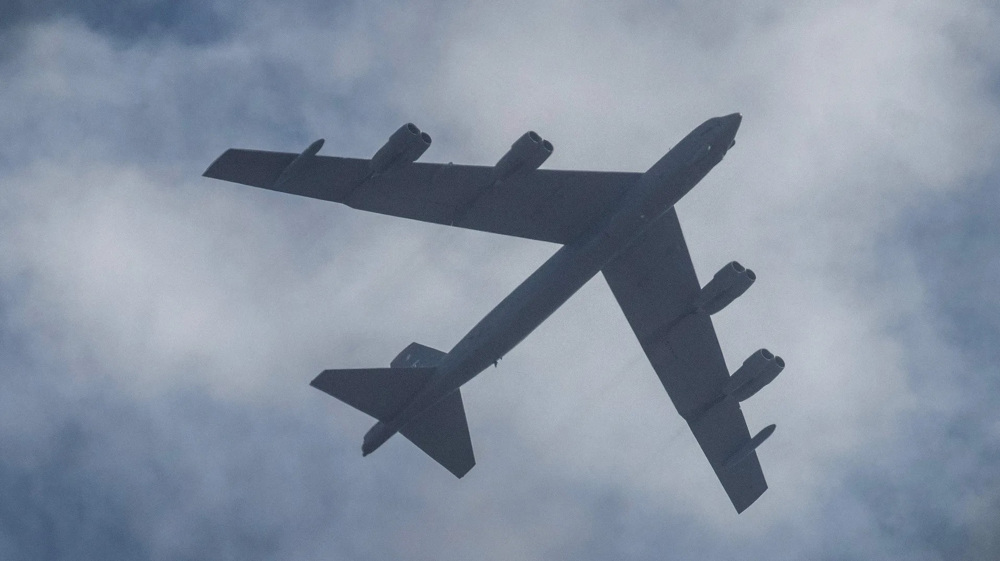
US bombers fly over Mediterranean Sea as delivery of heavy bombs to Israel announced
VIDEO | Gazans striving to survive with bare hands
'Shocking attack on free expression': Canadian politician slams arrest of pro-Palestine activist
West Bank Palestinians fear Gaza style destruction as Israel escalates raids
Hamas: Ibrahimi Mosque massacre testament to Israel’s criminal policy
Trump eyes Ukrainian rare earth minerals in exchange for military support to Kiev
Six Gaza children, including newborn girl, die of cold weather as Israel blocks aid
Iran rules out nuclear talks with US amid ‘maximum pressure’ campaign
Israeli tanks roll into West Bank first time in 20 years as prelude to forcible annexation



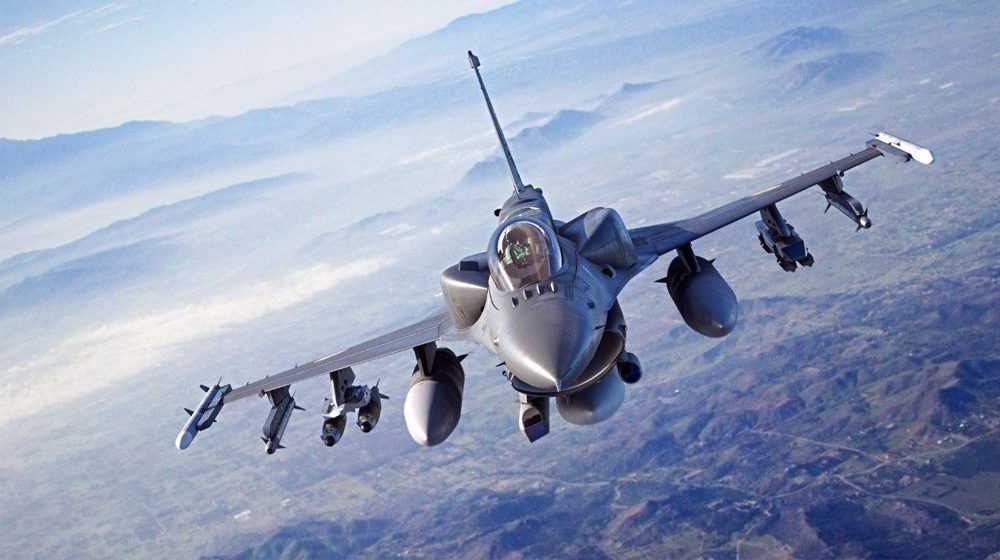
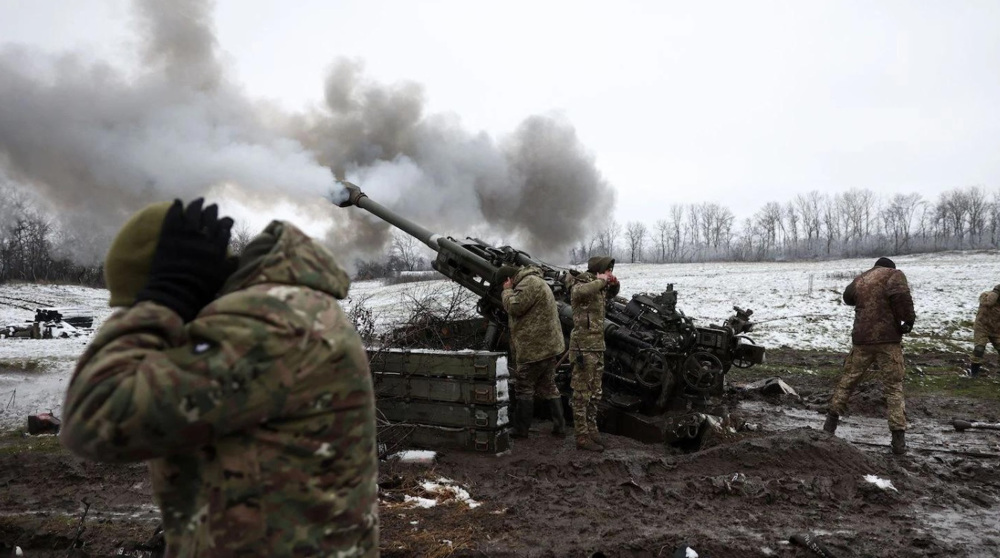



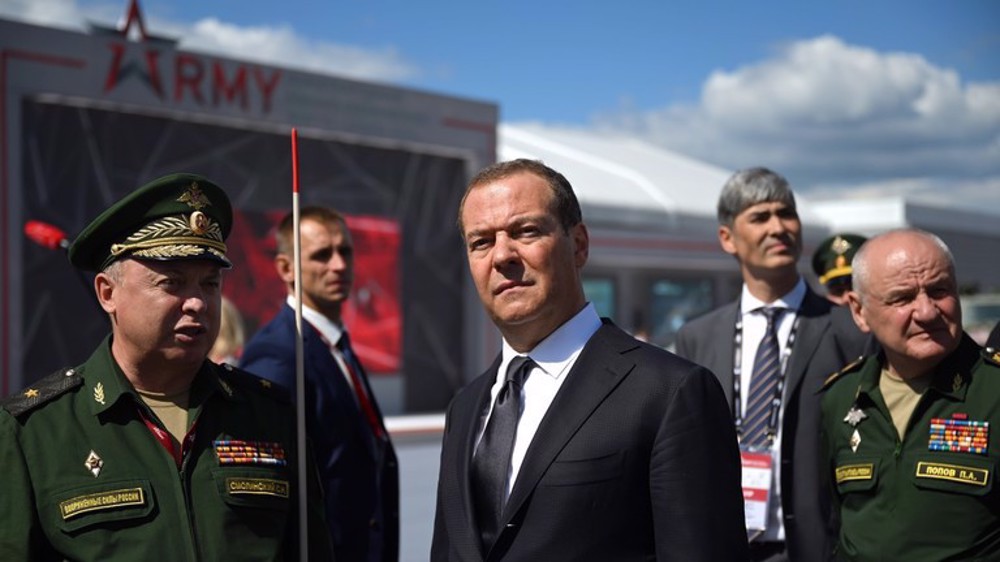
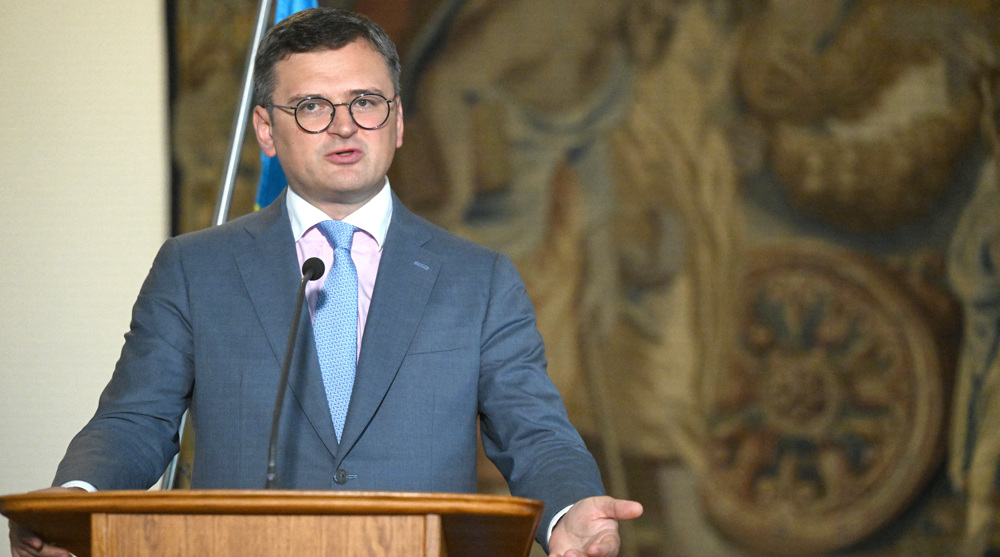
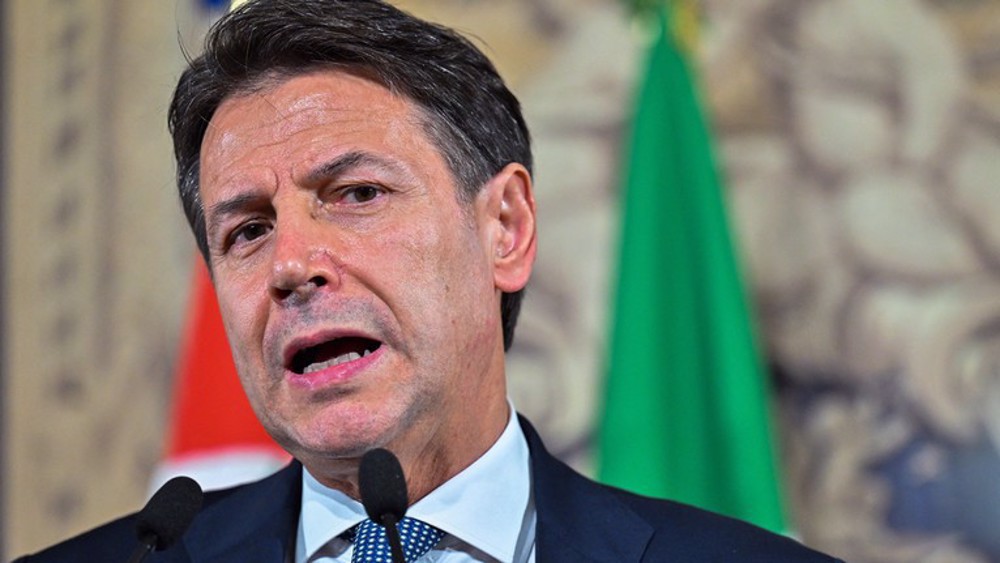

 This makes it easy to access the Press TV website
This makes it easy to access the Press TV website